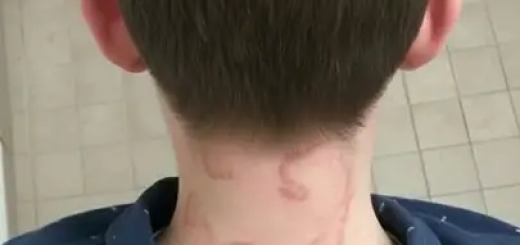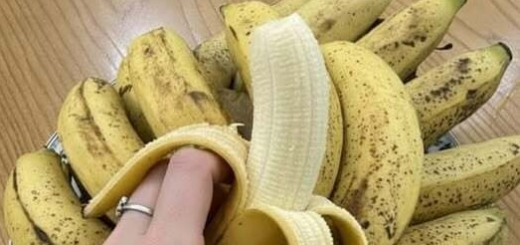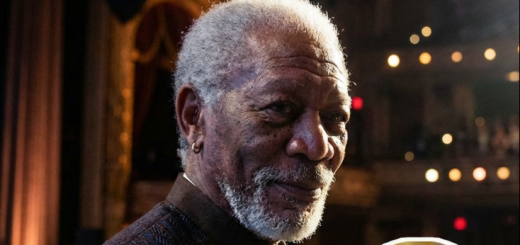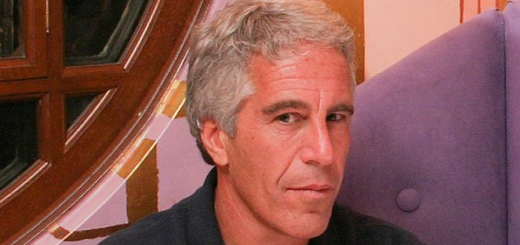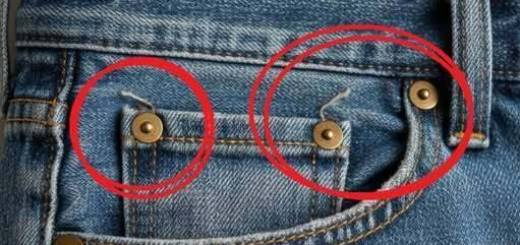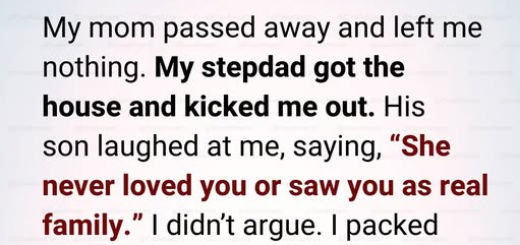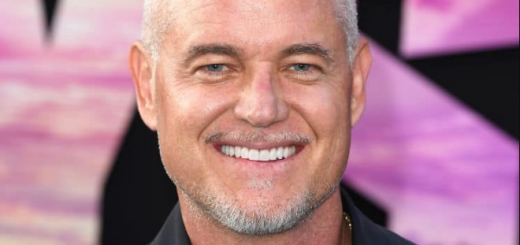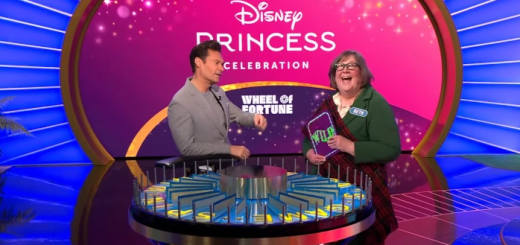5 Things Doctors Say You Should Never Give Your Children to Help Prevent Cancer
Cancer is one of the most devastating diagnoses any family can face—especially when it affects a child.
Each year, thousands of families around the world are forced to navigate this heartbreaking journey, often without warning or explanation.
While some childhood cancers are caused by genetics or unknown environmental factors, doctors agree there are certain lifestyle choices that can influence long-term health and may help reduce cancer risk—starting with what we feed and expose our children to every day.
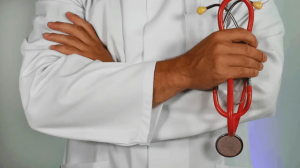
💔 Two Stories That Highlight the Urgency
Children like Luke Morin and Garrett Matthias, both just 5 years old, tragically lost their lives to rare forms of cancer.
Luke passed away only 17 days after being diagnosed with DIPG—an aggressive, incurable brain tumor with a near-zero survival rate.
Garrett fought cancer for ten months and was so aware of his condition that he even wrote his own obituary, asking for a celebration of life instead of a funeral.
These families did everything they could—yet still lost their children far too soon.
Their stories serve as powerful reminders that while we cannot control everything, we can make proactive choices to reduce risks wherever possible.
🛑 5 Things Doctors Urge Parents to Avoid Giving Their Children
1. Ultra-Processed Meats (Hot Dogs, Bacon, Sausages)
The World Health Organization classifies processed meats like bacon, ham, salami, and frankfurters as Group 1 carcinogens—meaning there is strong evidence they can cause cancer, especially colon cancer.
These meats contain nitrates and nitrites, which form carcinogenic compounds during digestion.
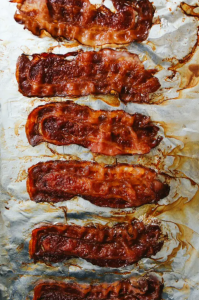
⚠️ Tip: Choose lean, unprocessed meats like grilled chicken or turkey. Consider plant-based proteins as well.
2. Sugary Drinks (Sodas, Energy Drinks, Even Some Juices)
Sodas and sugary drinks are linked to obesity, diabetes, and metabolic issues—which are known cancer risk factors. Some also contain artificial dyes and preservatives that have shown carcinogenic effects in lab studies.

Dr. London, a medical expert with a large online following, calls these drinks “liquid death.”
🥤 Better choice: Offer your kids water with fresh fruit slices, unsweetened herbal teas, or homemade smoothies with whole fruits.
3. Plastic Bottles and Food Containers with BPA (and BPS)
Plastics containing Bisphenol A (BPA)—and even some labeled “BPA-free” that use Bisphenol S (BPS)—can leach hormone-disrupting chemicals into food and drinks.
These chemicals mimic estrogen and have been linked to increased risks of breast, prostate, and other hormone-related cancers.
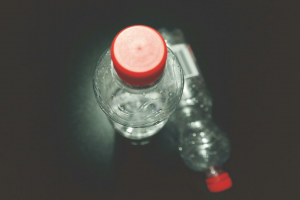
♻️ Safer options: Use glass, stainless steel, or BPA/BPS-free food-safe silicone containers. Never microwave plastic.
4. Heavily Fried or Charred Foods
When food is fried at high temperatures or grilled until charred, harmful compounds like acrylamide and heterocyclic amines (HCAs) can form—both of which are associated with increased cancer risk.
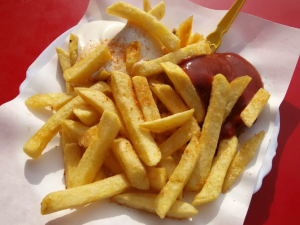
🍽️ Healthier alternatives: Bake, steam, or air-fry meals. Keep meats from becoming blackened or overly crisp.
5. Talc-Based Baby Powder & Products With Formaldehyde
Talc-based powders have come under scrutiny due to potential contamination with asbestos, a known carcinogen. Some baby wipes, shampoos, and lotions also contain formaldehyde-releasing agents, which are recognized carcinogens by the CDC and other health organizations.
👶 Parent tip: Choose talc-free baby powders and natural, formaldehyde-free personal care products from trusted brands.
🌱 Small Changes, Lifelong Impact
While not all cancers are preventable, many health experts agree that reducing exposure to carcinogens early in life can be a powerful step toward long-term well-being.
Children are more vulnerable to harmful chemicals than adults due to their developing bodies. Making small, mindful changes now can build a foundation for healthier futures.
🙏 Help Spread the Word
These choices may seem small—but they can make a big difference. If you’re a parent, grandparent, teacher, or caregiver, take these tips seriously.
And please share this article with others. Awareness is one of our strongest tools in preventing future tragedy.


